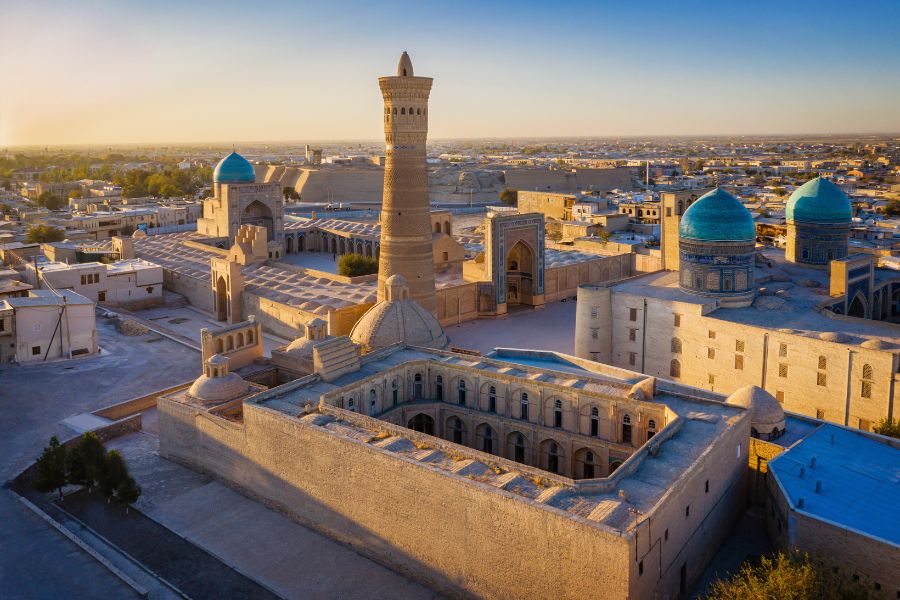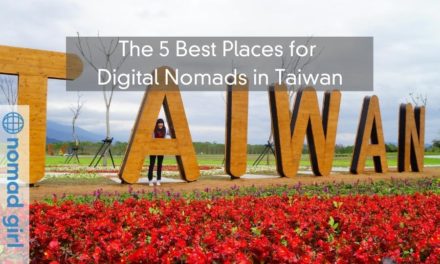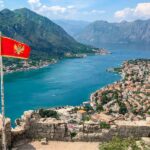Uzbekistan stands at the intersection of ancient Silk Road mystique and modern digital ambition. With majestic madrasahs, saffron-scented bazaars, and cities that hum with history, this Central Asian country now offers fresh opportunities for global citizens. For digital nomads and second-home seekers, Uzbekistan introduces visa programs worth exploring.
No Official Digital Nomad Visa—Yet
Uzbekistan currently lacks a dedicated digital nomad visa. Despite some international websites referencing one, no such standalone category appears on official government portals. Remote professionals, however, can legally reside in Uzbekistan using a variety of alternative paths.
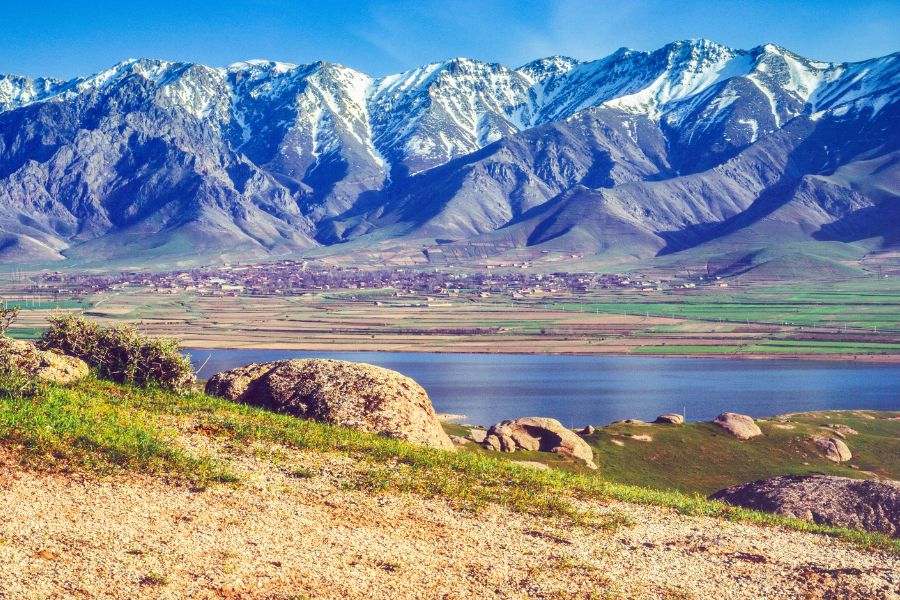
Remote Work Possibilities Through Existing Visas
Most nomads enter the country using Uzbekistan’s user-friendly e-visa system. Citizens from dozens of nations enjoy visa-free travel for 30 days. Others can apply online for a 30-day e-visa. This setup works for short-term stays, but it requires periodic exits for continuous living.
Tashkent, the capital, sits just 13 kilometres from the Kazakhstan border. This proximity makes a quick border run a tempting option for travellers looking to reset their visa-free stay. While some digital nomads report success with this tactic, there is limited official confirmation that re-entering Uzbekistan after a short exit guarantees a fresh visa exemption period. The practice remains somewhat unofficial, and policies may vary at border checkpoints.
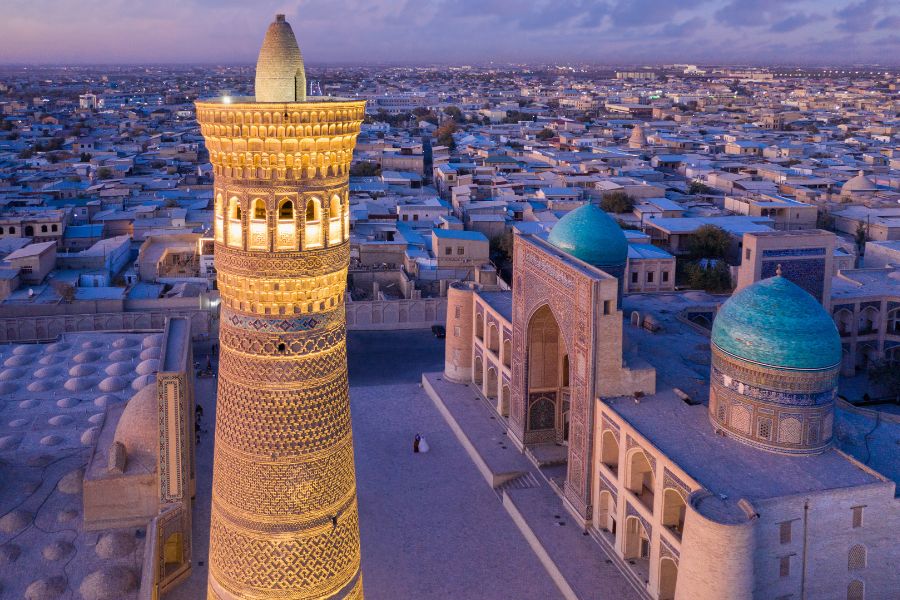
The IT Visa for Tech Professionals
For those in tech, Uzbekistan rolled out a specialized IT Visa. This long-term visa program supports foreign tech professionals, freelancers, and startup founders who want to live and work remotely from Uzbekistan. It reflects the country’s drive to build a thriving digital economy.
To qualify for the IT Visa, applicants must:
- Show proof of at least $30,000 USD annual income from IT-related work
- Be a founder, employee, or investor in a tech company
- Receive a formal recommendation from Uzbekistan’s IT Park
- Submit the application online via the portal itvisa.uz
This visa offers significant advantages:
- Multiple-entry visa valid for up to three years
- No need to leave the country to renew
- Rights to use local education and healthcare systems
- Permission to purchase real estate without price thresholds
- Eligibility for accompanying family members to receive companion visas
Authorities typically review applications within 20 working days. The IT Visa provides a structured, reliable option for digital workers in the technology field seeking stability in Uzbekistan.
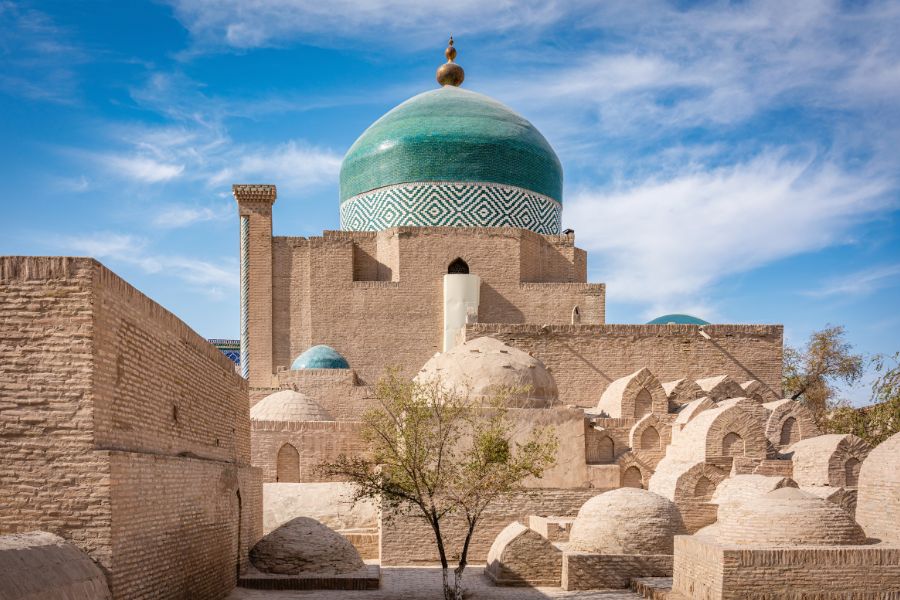
The “My Second Home” Program
In 2024, Uzbekistan launched a fresh initiative named “My Second Home,” designed to attract long-term visitors and investors. Two separate paths now fall under this banner: a 12-month tourist visa and an investment-based residence permit.
A 1-Year Tourist Visa – Khorezm Leads the Way
Uzbekistan’s pilot 1-year tourist visa begins in the Khorezm region, a cultural jewel housing the ancient city of Khiva. The visa allows multiple entries and prolonged stays across Uzbekistan, not just Khorezm.
There’s no published income threshold, no age limits, and no job sector requirement. Applicants must likely show proof of funds and accommodation. Once approved, they gain a full year to immerse themselves in Uzbekistan’s rhythm. Rent long-term apartments, register with local utilities, and even open a bank account—all achievable with this visa.
This program aims at lifestyle travellers, slow tourism advocates, and remote workers who crave cultural immersion without excessive bureaucracy. For those hesitant to invest large sums but eager to live abroad, it offers a soft landing.
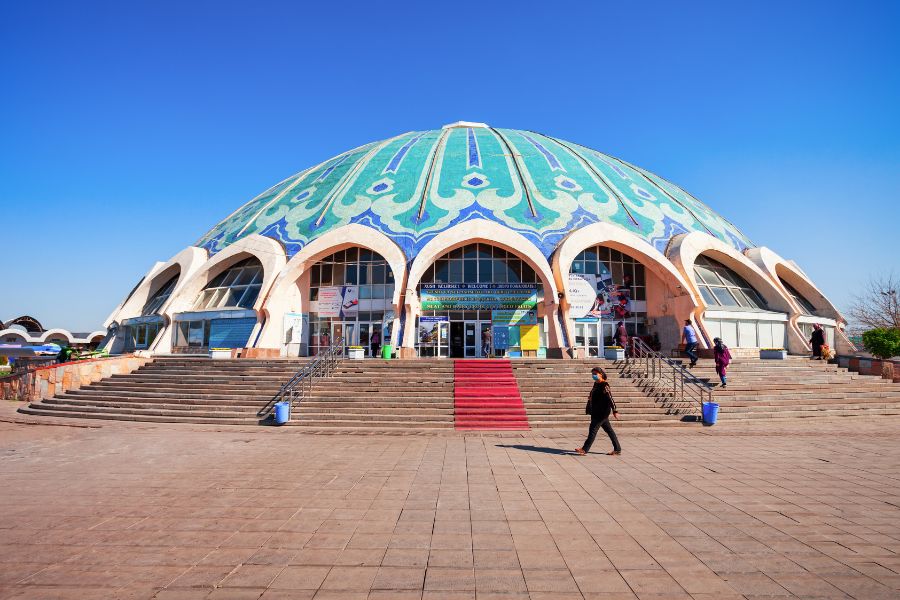
Investment-Based Residency – A Deeper Commitment
Uzbekistan also offers a residence permit program for investors. Foreigners who purchase newly built property qualify for long-term residence. The minimum investment starts at $100,000 in less central regions and reaches $400,000 in Tashkent. Business investors can gain residency by investing at least $400,000 in Uzbek enterprises. A $3 million investment unlocks a ten-year residency permit.
These permits grant rights to open bank accounts, enrol children in schools, use local healthcare, and purchase additional real estate. Investors gain near-citizen status without relinquishing existing citizenship. Their spouse, children, and even parents qualify for residence under the primary applicant’s permit.
Applicants submit proof of investment and personal documentation to Uzbekistan’s Ministry of Internal Affairs. The permit grants permanent residency status, removing the need for visa renewals. It’s a bold path for those serious about settling in Central Asia.
Comparing the Options
Digital nomads in tech should explore the IT Visa. It’s affordable, straightforward for those who qualify, and includes extensive benefits. Creative freelancers outside of tech may find it harder to qualify, but they can rely on tourist or 1-year visas to live in Uzbekistan legally.
The “My Second Home” 1-year visa suits those testing the waters. It’s low-commitment and high-reward. Digital nomads, retirees, and culture chasers can enjoy Uzbekistan’s rich lifestyle without long-term obligations.
The investment route serves entrepreneurs and property investors. For the financially ready, it grants lasting security and full local integration.
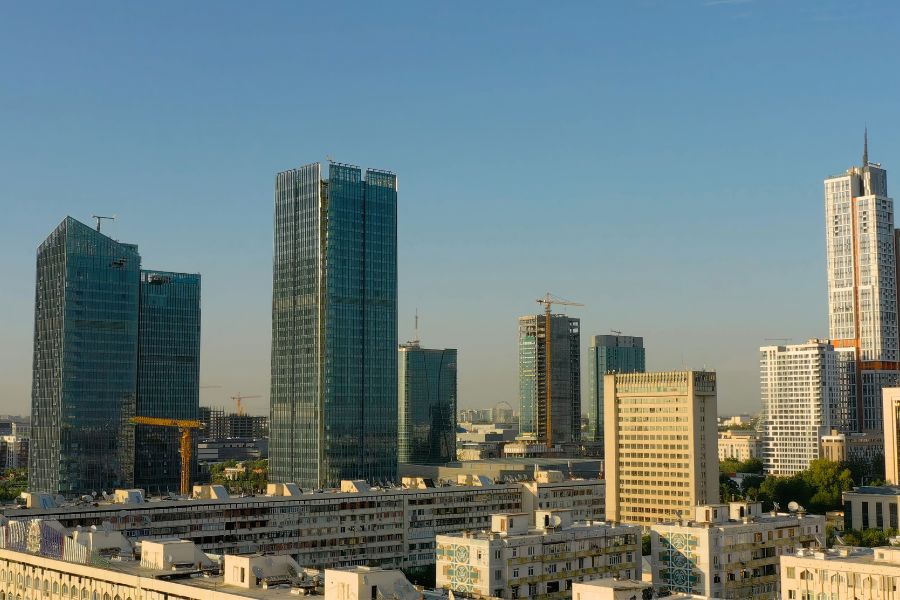
Living in Uzbekistan as a Digital Nomad
Uzbekistan welcomes foreigners with hospitality rooted in tradition. Cities like Tashkent, Samarkand, and Bukhara offer affordable apartments, coworking spaces, and robust internet. Locals appreciate foreigners, and a small but growing expat community thrives.
Monthly costs remain low. One can live comfortably for under $1,000 per month, including rent, food, and transport. Street food offers generous portions, while cafes serve both local and international cuisine. Public transportation is clean and cheap.
Nomads staying more than 183 days may become tax residents, subject to a flat 12% income tax. Those earning from abroad and avoiding local employment often remain outside the tax net, but it’s wise to consult a local advisor.
Foreigners can open bank accounts, rent or buy homes, and register local SIM cards. Registration of residence within three days of arrival remains mandatory, but hotels and landlords often handle this process.
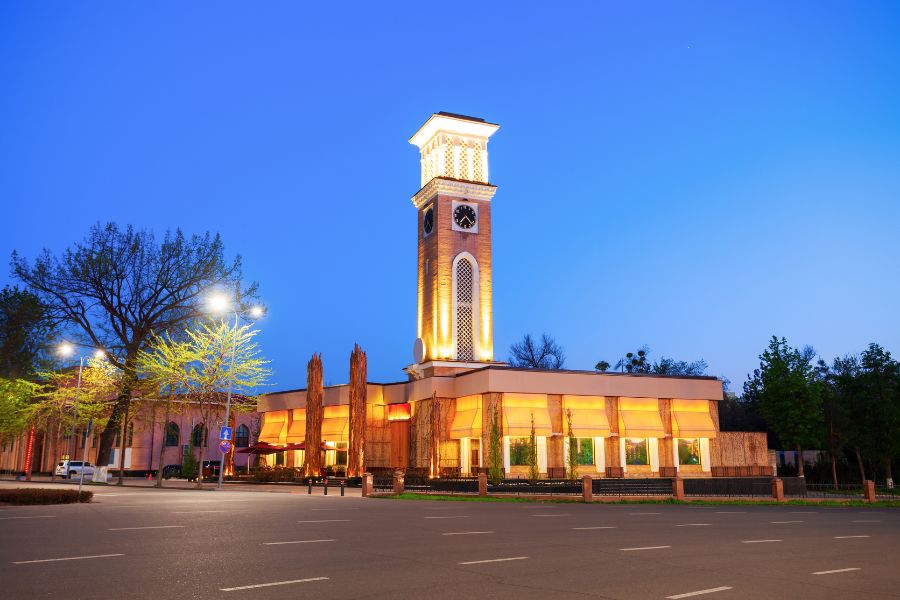
The Outlook
Uzbekistan is steadily transforming from a tourist destination into a long-term stay hub. While a formal digital nomad visa doesn’t yet exist, the IT Visa, the “My Second Home” 1-year tourist visa, and investor residency schemes create strong alternatives.
Remote professionals can set up base, enjoy cultural richness, and tap into an affordable lifestyle. As visa systems mature, Uzbekistan positions itself as Central Asia’s rising sanctuary for digital nomads and global citizens.


